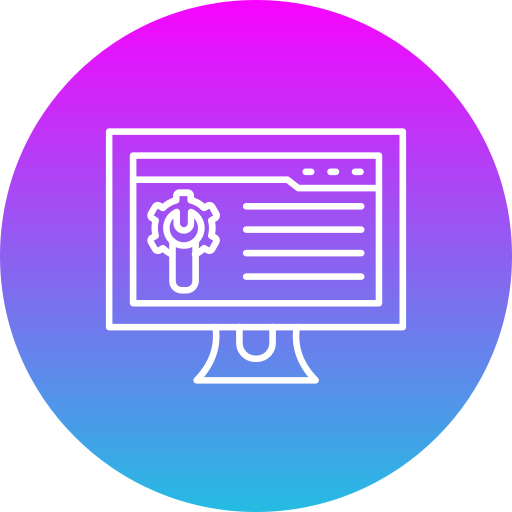Leveraging Python web development tools
Choosing the right Python web development tool or framework is crucial for the success of your project.
Django
One of the most popular high-level Python web frameworks, Django encourages rapid development and clean, pragmatic design. It's known for its "batteries-included" philosophy, offering an extensive array of built-in features for everything from authentication to site maps.
Flask
Flask is a lightweight WSGI web application framework. It's designed to be simple and easy to use, making it an excellent choice for small to medium web applications, with the flexibility to scale up to complex applications. Flask provides the basics but can be easily extended with numerous extensions available.
Pyramid
Pyramid is a flexible, open-source Python web framework. It's designed to be powerful enough for large applications but also simple enough for the smallest application. Pyramid offers a lot of flexibility and lets developers use the right tools for their project.
FastAPI
FastAPI is a modern, fast (high-performance), web framework for building APIs with Python 3.6+ based on standard Python type hints. The key features are its speed and automatic API documentation with Swagger UI.
Tornado
Tornado is a Python web framework and asynchronous networking library, originally developed at FriendFeed. It can handle large amounts of concurrent connections, making it ideal for long polling, WebSockets, and other applications that require a long-lived connection to each user.
Bottle
Bottle is a fast, simple, and lightweight WSGI micro web-framework for Python. It is distributed as a single file module and has no dependencies other than the Python Standard Library. Bottle is great for building small web applications quickly.
CherryPy
CherryPy is a minimalist Python web framework, making it easy to build web applications in much the same way one would build any other objectoriented Python program. This results in smaller source code developed in less time.
Web2py
Web2py is a scalable, secure, and portable web application framework written in Python. It includes a web-based IDE that helps in the development and deployment of web applications.
Starlette
While FastAPI is mentioned for its speed and ease of use, Starlette, the lightweight ASGI framework upon which FastAPI is built, also deserves recognition. Starlette is designed for building high-performance asyncio services, offering a significant degree of flexibility and supporting WebSocket and GraphQL.
Sanic
Sanic is an asynchronous web framework designed for fast HTTP responses via async/await syntax, making it perfect for high-speed web experiences. Its ability to handle many requests simultaneously, along with its easy-to-understand syntax, makes it an excellent choice for developers prioritizing performance and simplicity.
Choosing the right Python web development tool
The "right" framework is the one that aligns with your project goals and the specific challenges you aim to solve.
Complexity and Size
For simple, small-scale applications, a micro-framework like Flask or Bottle may be sufficient. Complex, data-driven applications might benefit more from a full-stack framework like Django or Pyramid that offers more out-of-the-box functionality.
Performance Needs
If your application requires handling long-lived connections or a high volume of requests asynchronously, consider Tornado, Sanic, or FastAPI, which are designed for asynchronous operations and high performance.
Rapid Development
Frameworks like Django, with its "batteries-included" approach, can significantly speed up development by providing built-in solutions for common tasks (e.g., user authentication, admin panels).
Community
Look for a framework with strong documentation and an active community. This can provide support when your team encounters challenges.
Extensions/Plugins
Ensure the framework has a vibrant ecosystem of libraries and plugins/extensions that can help extend its functionality without needing to build everything from scratch.
Scalability
Consider how well the framework supports scaling, both in terms of handling increased load and in accommodating future development of your application.
Open Source vs. Commercial
Most Python web frameworks are open source, but it's important to understand their licensing terms, especially if you're building a commercial product. Some frameworks may have dependencies with licenses that impose certain conditions or limitations.
Prototyping
Build a small prototype or a proof-of-concept with the frameworks you are considering. This can give you a practical feel for the development experience and help identify any potential issues early on.


